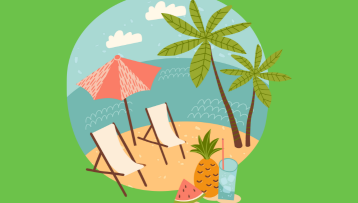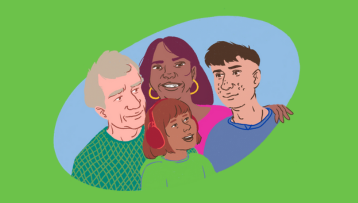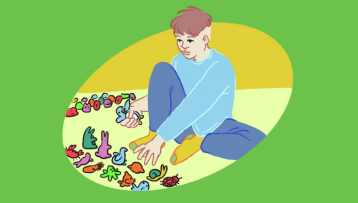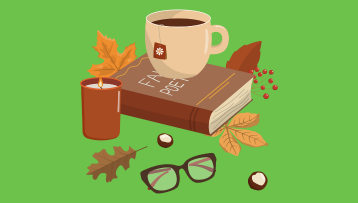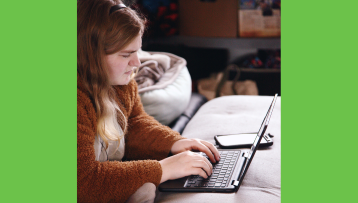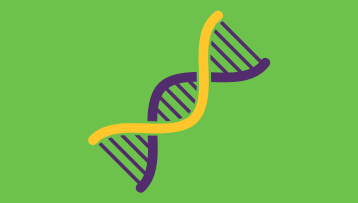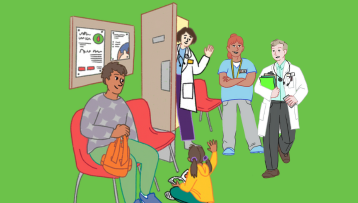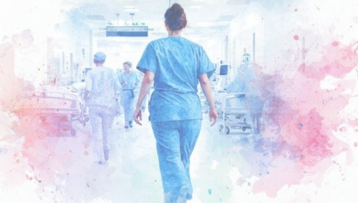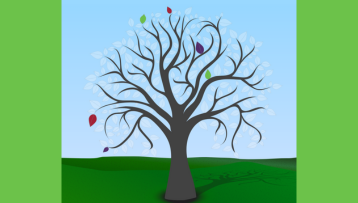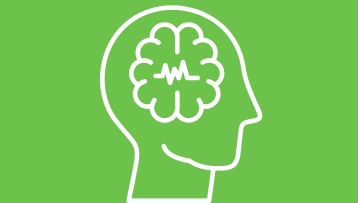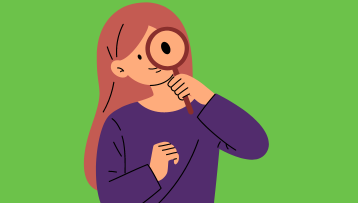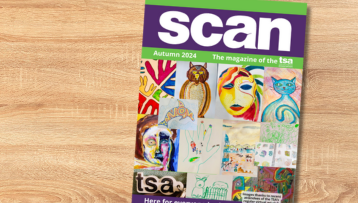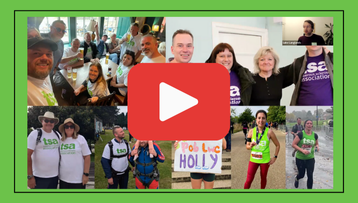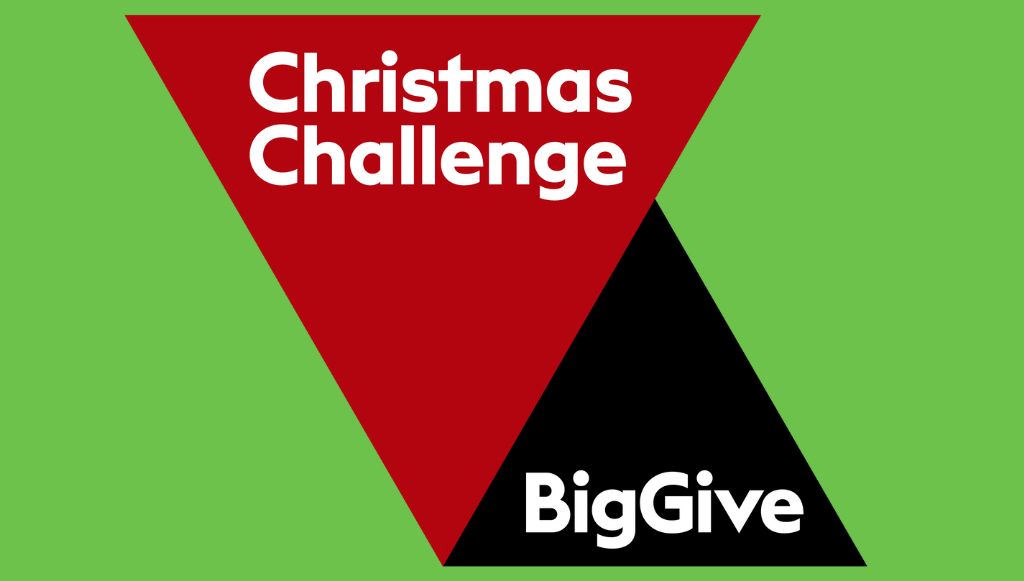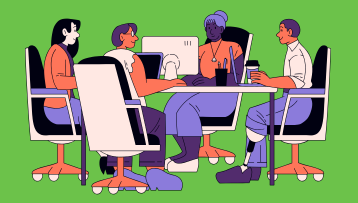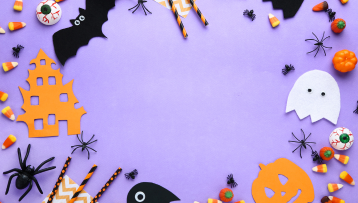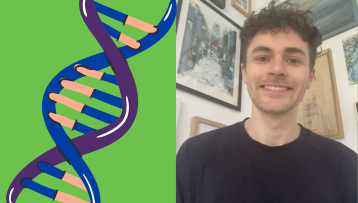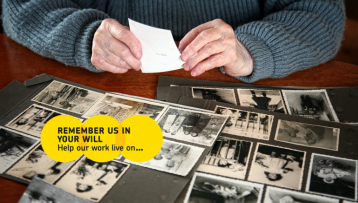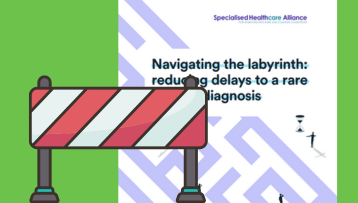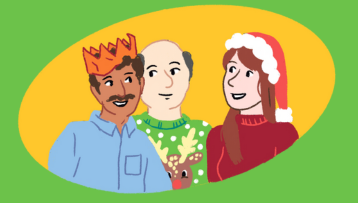Our understanding of TSC continues to improve only because of the efforts of everyone in the TSC community, including TSC researchers. Dr Charlotte Tye (Kings College London) is a TSC researcher, and took some time to tell us about life as a researcher, her work for the TSC community and how life changed for her under lockdown.
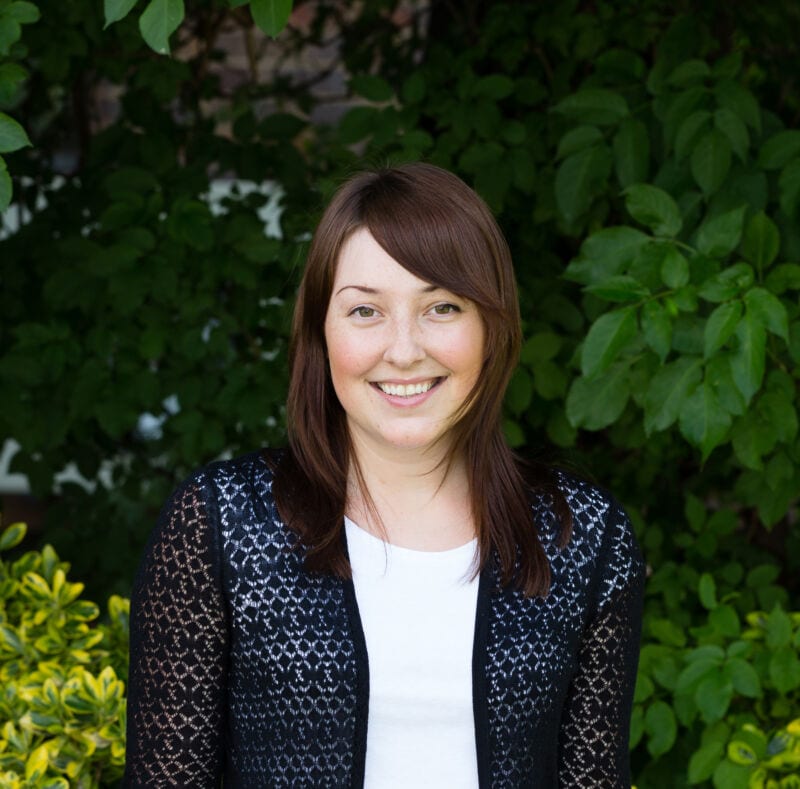
Why did you decide to become a researcher, and how did you get involved in TSC-related research?
I have always been interested in developmental disorders and wanted to find out more about how differences in brain development are related to behaviour, and how these differences could help to improve quality of life.
My first taste of research was during my undergraduate degree in psychology at the University of Bristol, which gave me an insight into analysing and interpreting data. I later completed my PhD at King’s College London, which was focused on the overlap between autism and ADHD outside of TSC.
In 2013, I started working on the TSC 2000 Study, a large study of children and adolescents who were born in the early 2000s and live with TSC. This involved travelling across the UK to see families in their homes and was the point when the impact of behavioural difficulties in TSC, and the potential for TSC to improve our understanding of developmental disorders, became clear.
What pieces of research are you involved in at the moment?
My research focuses on gaining a better understanding of cognitive and behavioural difficulties that many people living with TSC face, and how these relate to brain manifestations, like tubers and epilepsy. The EDiTS Study, funded by a fellowship from the TSA, is investigating early brain and behavioural development of infants with TSC, to help identify features that may predict later difficulties.
After speaking with families, the impact that covid-19 is having on the TSC community became clear. That’s why, along with a UK-wide network of experts, I launched the CoIN Study, an online study aiming to understand the impact of the pandemic on mental health and wellbeing in families of children with rare genetic and neurodevelopmental disorders, including TSC.
What impact do you hope that the EDiTS and CoIN studies will have on improving the lives of people affected by TSC?
We know that behavioural difficulties greatly impact upon quality of life in people affected by TSC. In the EDiTS Study, identifying early predictors of later behavioural problems will help inform early interventions.
Behavioural difficulties may be exacerbated during times of uncertainty. In the CoIN Study, it is therefore important to understand how the practical impact of covid-19 on everyday life is associated with child and parental mental health. A key part of the CoIN Study is to rapidly feed back results to the community, as well as to design and distribute tailored information and coping tips.
How important is patient involvement in TSC-related studies?
Throughout my research career, a key element has been in meeting with families affected by TSC. By meeting with families, it is possible to gain a strong understanding of the impact of TSC and it’s variability, and recognise the needs and priorities of families. I would really like to work more closely with families from the outset.
What do you hope we’ll see in TSC research in years to come?
It is striking how much progress has been made in TSC research in recent years – even during my time studying TSC, there have been huge strides in our understanding of TSC-related molecular biology, as well as behaviour. From the perspective of cognitive and behavioural difficulties in TSC, I am hopeful that we will be able to target more specific interventions earlier, to improve long-term quality of life.
How has your working day changed as a result of covid-19?
We welcomed a little boy last summer, and I returned to work after maternity leave one week into the lockdown – so we, like many others, have been juggling childcare and working at home during the past few months. I take my son for a walk every afternoon, which really helps to clear my mind after naptime or baby-bound video calls!
If you weren’t a researcher, what do you think you’d be doing?
At university I was involved in a lot of fundraising and volunteering. I’ve always wanted to work with people, so I think I’d really enjoy working for a charity. I also love computing and analysis!
What are your passions outside of research, in your spare time?
I love cooking and baking, although I’m not hugely creative and always follow a recipe! My son’s first birthday is coming up, so I’ve tasked myself with my first birthday bake. I have also really enjoyed exploring the beautiful countryside here in Surrey over the past few months on our daily walks.
Do you have anything you’d like to say directly to the TSC community?
Thank you for the time and enthusiasm you’ve given to our studies – research like this would not be possible without your support. The TSC community is strong, and it’s an honour to be part of it.
Make a one off or regular donation
£10 Can allow us to send a welcome pack to a family who has just received a life-changing TSC diagnosis, ensuring that they do not go through this time alone.
£25 Can help us develop materials that are included in our support services, flagship events or campaigns.
£50 Can provide laboratory equipment for a day’s research into the causes, symptoms, management or treatment of TSC.
To provide help for today and a cure for tomorrow







